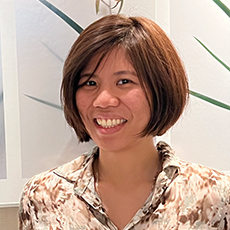Disability in Music Therapy Education and Clinical Training
DOI:
https://doi.org/10.15845/voices.v25i1.4257Keywords:
disability, music therapy, higher education, disability justiceAbstract
“Disability” is a label that has been politicized throughout the course of history in Westernized society due to the perseveration of the medical model of disability. The medical model of disability asserts that issues inherent in a disability are due to the affected individual and that one’s goal should be a complete “cure” to be compliant with the state of normality accepted by society. The profession of music therapy is rooted in the medical model of disability; therefore, it accepts human variability as a disease which requires remediation. In academia, the national policies in the United States related to disability such as the Rehabilitation Act of 1973 (U.S. Department of Labor, 1973a), the Americans with Disabilities Act (U.S. Department of Justice Civil Rights Division, 1990), and the Individuals with Disabilities Education Improvement Act of 2004 (Congress, 2004) ultimately fail in their efforts to protect disabled students from discrimination. Therefore, it would benefit the field to pursue the integration of disability justice principles in music therapy education and clinical training, to better support budding music therapists and the individuals with whom they work. To this end, the purpose of this paper was to investigate the effects of ableism on the experiences of music therapy students in the United States (U.S.) and suggest considerations that could be implemented to minimize ableism.
Acknowledgements
I would like to extend my utmost thanks to Emily Smith Beitiks, PhD who is my mentor in the field of disability justice. I cannot express how much I enjoyed and appreciated her feedback on this paper’s multiple drafts and the multitude of conversations we have had about the field of disability justice in academia, and in society.

Downloads
Published
How to Cite
Issue
Section
License
Copyright (c) 2025 Livia S. Umeda

This work is licensed under a Creative Commons Attribution 4.0 International License.
Articles published prior to 2019 are subject to the following license, see: https://voices.no/index.php/voices/copyright

